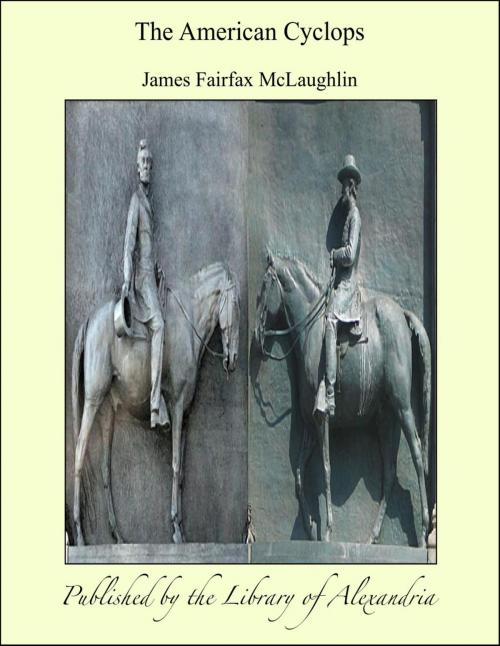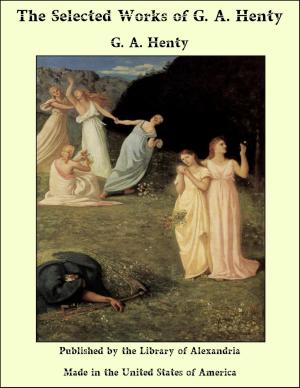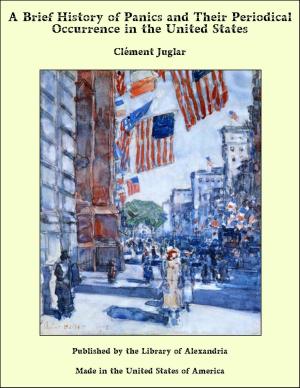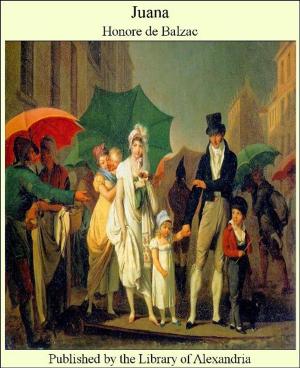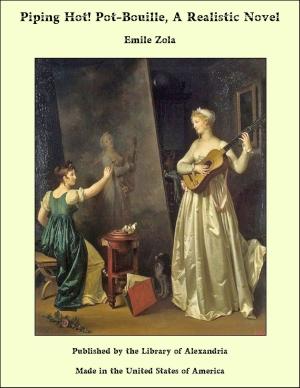| Author: | James Fairfax McLaughlin | ISBN: | 9781465571137 |
| Publisher: | Library of Alexandria | Publication: | July 29, 2009 |
| Imprint: | Library of Alexandria | Language: | English |
| Author: | James Fairfax McLaughlin |
| ISBN: | 9781465571137 |
| Publisher: | Library of Alexandria |
| Publication: | July 29, 2009 |
| Imprint: | Library of Alexandria |
| Language: | English |
EDITOR’S By the blunder of an early English publisher of Paine’s writings, one essay in the London “Crisis” was attributed to Paine, and the error has continued to cause confusion. This publisher was D. I. Eaton, who printed as the first number of Paine’s “Crisis” an essay taken from the London publication. But his prefatory note says: “Since the printing of this book, the publisher is informed that No. 1, or first Crisis in this publication, is not one of the thirteen which Paine wrote, but a letter previous to them.” Unfortunately this correction is sufficiently equivocal to leave on some minds the notion that Paine did write the letter in question, albeit not as a number of his “Crisis” ; especially as Eaton’s editor unwarrantably appended the signature “C. S.,” suggesting “Common Sense.” There are, however, no such letters in the London essay, which is signed “Casca.” It was published August , 1775, in the form of a letter to General Gage, in answer to his Proclamation concerning the affair at Lexington. It was certainly not written by Paine. It apologizes for the Americans for having, on April I9, at Lexington, made “an attack upon the King’s troops from behind walls and lurking holes.” The writer asks : “Have not the Americans been driven to this frenzy? Is it not common for an enemy to take every advantage?” Paine, who was in America when the affair occurred at Lexington, would have promptly denounced Gage’s story as a falsehood, but the facts known to every one in America were as yet not before the London writer. The English “Crisis” bears evidence throughout of having been written in London. It derived nothing from Paine, and he derived nothing from it, unless its title, and this is too obvious for its origin to require discussion. I have no doubt, however, that the title was suggested by the English publication, because Paine has followed its scheme in introducing a “Crisis Extraordinary.” His work consists of thirteen numbers, and, in addition to these, a “Crisis Extraordinary” and a “Supernumerary Crisis.” In some modern collections all of these have been serially numbered, and a brief newspaper article added, making sixteen numbers
EDITOR’S By the blunder of an early English publisher of Paine’s writings, one essay in the London “Crisis” was attributed to Paine, and the error has continued to cause confusion. This publisher was D. I. Eaton, who printed as the first number of Paine’s “Crisis” an essay taken from the London publication. But his prefatory note says: “Since the printing of this book, the publisher is informed that No. 1, or first Crisis in this publication, is not one of the thirteen which Paine wrote, but a letter previous to them.” Unfortunately this correction is sufficiently equivocal to leave on some minds the notion that Paine did write the letter in question, albeit not as a number of his “Crisis” ; especially as Eaton’s editor unwarrantably appended the signature “C. S.,” suggesting “Common Sense.” There are, however, no such letters in the London essay, which is signed “Casca.” It was published August , 1775, in the form of a letter to General Gage, in answer to his Proclamation concerning the affair at Lexington. It was certainly not written by Paine. It apologizes for the Americans for having, on April I9, at Lexington, made “an attack upon the King’s troops from behind walls and lurking holes.” The writer asks : “Have not the Americans been driven to this frenzy? Is it not common for an enemy to take every advantage?” Paine, who was in America when the affair occurred at Lexington, would have promptly denounced Gage’s story as a falsehood, but the facts known to every one in America were as yet not before the London writer. The English “Crisis” bears evidence throughout of having been written in London. It derived nothing from Paine, and he derived nothing from it, unless its title, and this is too obvious for its origin to require discussion. I have no doubt, however, that the title was suggested by the English publication, because Paine has followed its scheme in introducing a “Crisis Extraordinary.” His work consists of thirteen numbers, and, in addition to these, a “Crisis Extraordinary” and a “Supernumerary Crisis.” In some modern collections all of these have been serially numbered, and a brief newspaper article added, making sixteen numbers
